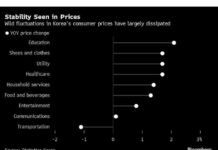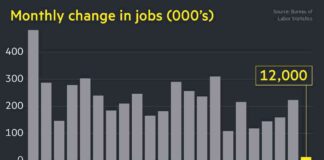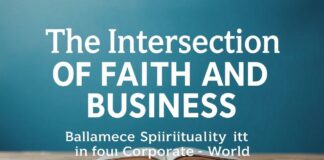Southwest Airlines is facing a significant shakeup in leadership as CEO Gary Kelly announces his retirement in 2022 amidst pressure from activist investor Elliott Investment Management. The announcement comes as the Dallas-based carrier grapples with various challenges, including underperformance and the need for strategic changes to adapt to a rapidly evolving airline industry landscape.
Gary Kelly’s Retirement and Board Shakeup
After nearly four decades at Southwest Airlines, Gary Kelly has decided to step down from his role as executive chairman and former CEO. Kelly, who has been with the company since the retirement of its co-founder Herb Kelleher in 2008, stated in a letter to shareholders that “now is the time for change.” He emphasized the importance of shaking things up rather than simply stirring them, indicating a readiness for significant shifts in the company’s leadership and operations.
The decision to retire comes after a meeting with Elliott Investment Management, a major shareholder that has been advocating for leadership changes at Southwest. Elliott, which holds a nearly $2 billion stake in the airline, has been critical of the carrier’s performance under the current leadership, including CEO Bob Jordan, who has also been with Southwest for nearly four decades.
In response to Elliott’s pressure, Kelly announced that Southwest’s board and leadership stand behind Bob Jordan as CEO. However, to address the activist investor’s concerns, the company will undergo a board shakeup, with six current board members set to retire in November. Additionally, Southwest plans to appoint four new independent directors in the near future, with consideration given to up to three of Elliott’s candidates.
Activist Investor Elliott Investment Management’s Influence
Elliott Investment Management’s involvement in Southwest Airlines marks a significant shift in the airline industry, as the activist investor typically focuses on companies in other sectors. By acquiring a stake in Southwest and pushing for leadership changes, Elliott has highlighted the need for strategic adjustments to improve the carrier’s performance and competitiveness in the market.
The investor’s call for change at Southwest is driven by concerns over the airline’s underperformance, particularly in the face of challenges such as oversupply in the domestic U.S. market, rising costs, and aircraft delivery delays from Boeing. While Southwest has historically adhered to a simple business model that revolutionized the U.S. airline industry, the company now faces the need to adapt to changing market dynamics and evolving consumer preferences.
In response to Elliott’s pressure, Southwest has taken steps to bring in outside expertise, including industry veteran Bob Fornaro, former CEO of Spirit Airlines and AirTran. The addition of experienced leaders from outside the company signals a willingness to explore new strategies and approaches to address the challenges facing the airline.
Southwest Airlines’ Strategic Shifts and Initiatives
In addition to changes in leadership, Southwest Airlines has announced strategic shifts and initiatives aimed at enhancing its competitiveness and profitability. One of the most significant changes is the decision to offer extra legroom on its aircraft and eliminate its open seating policy, marking a departure from the company’s traditional practices.
Furthermore, Southwest plans to introduce overnight, or “redeye” flights next year, expanding its flight offerings to meet the needs of a diverse customer base. These initiatives reflect the airline’s commitment to innovation and adaptation in response to changing market conditions and customer preferences.
The carrier’s upcoming investor day scheduled for September 26 in Dallas will provide further insights into these initiatives and other strategic moves aimed at driving growth and enhancing shareholder value. As Southwest navigates a period of transition and change, the company remains focused on delivering exceptional service and value to its customers while pursuing sustainable growth and profitability in a competitive industry landscape.






















